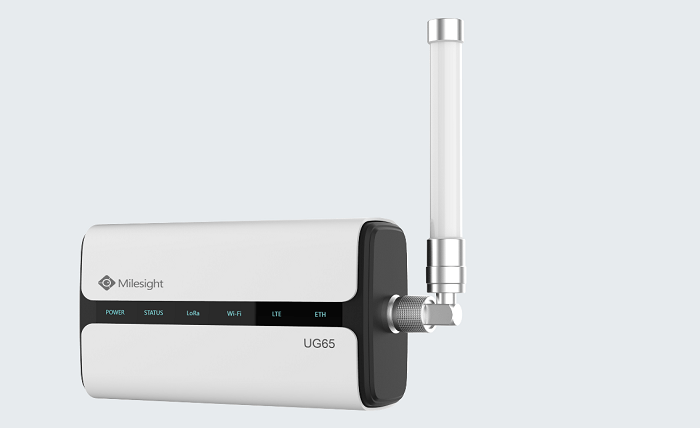HELIUM – A NEW DECENTRALIZED WIRELESS NETWORK COMBINES THE POWER OF IOT AND BLOCKCHAIN

The world is changing. The internet has become a complete part of our daily lives and the way we do business. Today, everything is interconnected and with this new era comes both opportunities and challenges. More than ever before, individuals are looking for ways to make their digital footprint as small as possible – whether it’s through security or simply by not using it at all.
One of such example of new kind of network that seeks to provide an alternative Internet without compromising on privacy or connectivity is Helium. HeliumMart provides Helium hotspot miners and other products and services in the best possible manner.
- What is Helium?
Helium is a decentralized wireless network based on LoRaWAN technology and blockchain. It operates as a secure and global Internet of Things service without compromising on privacy or connectivity.
The possibilities for finding uses for this new network are virtually endless – from delivering connectivity to rural areas of the globe to creating safer smart cities, Helium offers an endless array of opportunities.
To create a wireless service without centralization and without compromising on privacy, connectivity or security is a monumental achievement in the world of modern technology – yet that’s exactly what Helium does.
The company was founded by crypto veterans and intends to be fully compliant with both federal and international regulations surrounding blockchain technology and cryptocurrency. This means its operations will be transparent and open to the general public.
- How does Helium work?
The backbone of this new decentralized wireless network is a radio protocol called LoRaWAN, which operates over wide radio spectrum bands – different from those used by traditional WiFi or cellular networks for mobile devices. This means that not only is Helium fully global, but it also has a high level of connectivity.
LoRaWAN is a low-power wireless Internet protocol that’s designed to connect objects and machines as part of the Internet of Things (IoT). As such, it operates on long radio waves as opposed to traditional short range radio frequencies which are used by WiFi or cellular networks. This makes LoRaWAN an ideal solution for connecting smart devices in rural areas or places with few people.
Helium is built on the LoRaWAN global standard and it’s designed to be fully decentralized. Not only does this mean that it’s accessible by anyone, anywhere, but that everyone in the world can become a part of the network bying one or more hotspots. And in addition every working hotspot is generating Helium’s own cryptocurrency – HNT, creating a passive income for it’s owner.
The company’s blockchain technology is based on hardware, which makes it possible for anyone to sell their unused network capacity. This is a completely new business model that allows individuals and companies alike to monetize their hardware without having to invest in expensive infrastructure as well as making the Internet service more affordable for everyone involved.
- The benefits of a decentralized network
Decentralization has a range of benefits – from improved security and privacy to significant cost savings – which is exactly why so many companies have been turning to blockchain technology in recent years.
While centralized networks mean that data must pass through a number of separate servers before it reaches its destination, Helium’s decentralized wireless network allows information to travel directly from point to point.
The most obvious benefit here is the greatly reduced risk of network downtime. In a decentralized wireless network, there’s no single server or connection that can fail – each access point acts as an individual entry/exit node through which data passes from one user to another.
A decentralized wireless network also offers improved security. Since there are no central points of failure which can be targeted by hackers, the network is significantly more resilient to cyber-attacks.
For users, this means increased data security and improved privacy. This is possible because every user’s information is stored in a personal blockchain rather than on a central server or database that can be hacked into with relative ease.
When it comes to monetization, a decentralized wireless network is also much more cost effective. With no central point of failure or administration, there’s far less waste and that means lower costs for everyone involved.
- Why you should be excited about this new technology
The new technology promises to be a game changer.
Helium has the potential to completely revolutionize how wireless communications work in much the same way that Uber and Lyft disrupted the taxi industry or Airbnb completely changed the meaning of travel accommodations. It’s a new decentralized model for wireless communications that could fundamentally change how we all do business going forward.
Also the new decentralized network helps the creation of a whole new ecosystem of IoT startups like HeliumMart. This creates many new opportunities – from selling hotspot miners, to offering support, creating new IoT solutions and boosting the smart city revolution.
In its current form, Helium is primarily targeted at IoT – which means that numerous new devices in your offices, homes, farms and factories could soon be connected to the Internet both wirelessly and securely. But it’s also possible that this new technology may do much more than just connect all of our devices.





